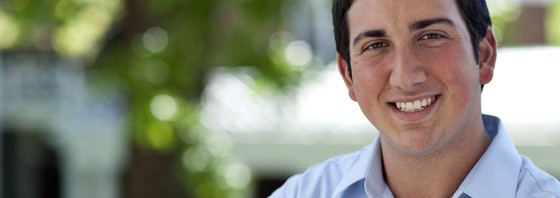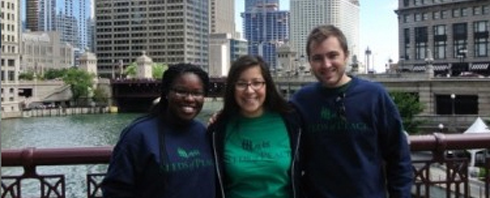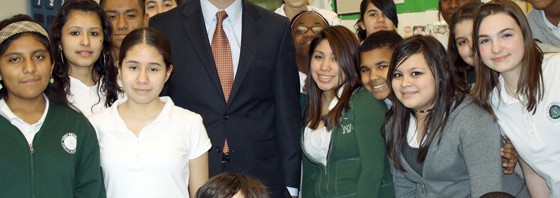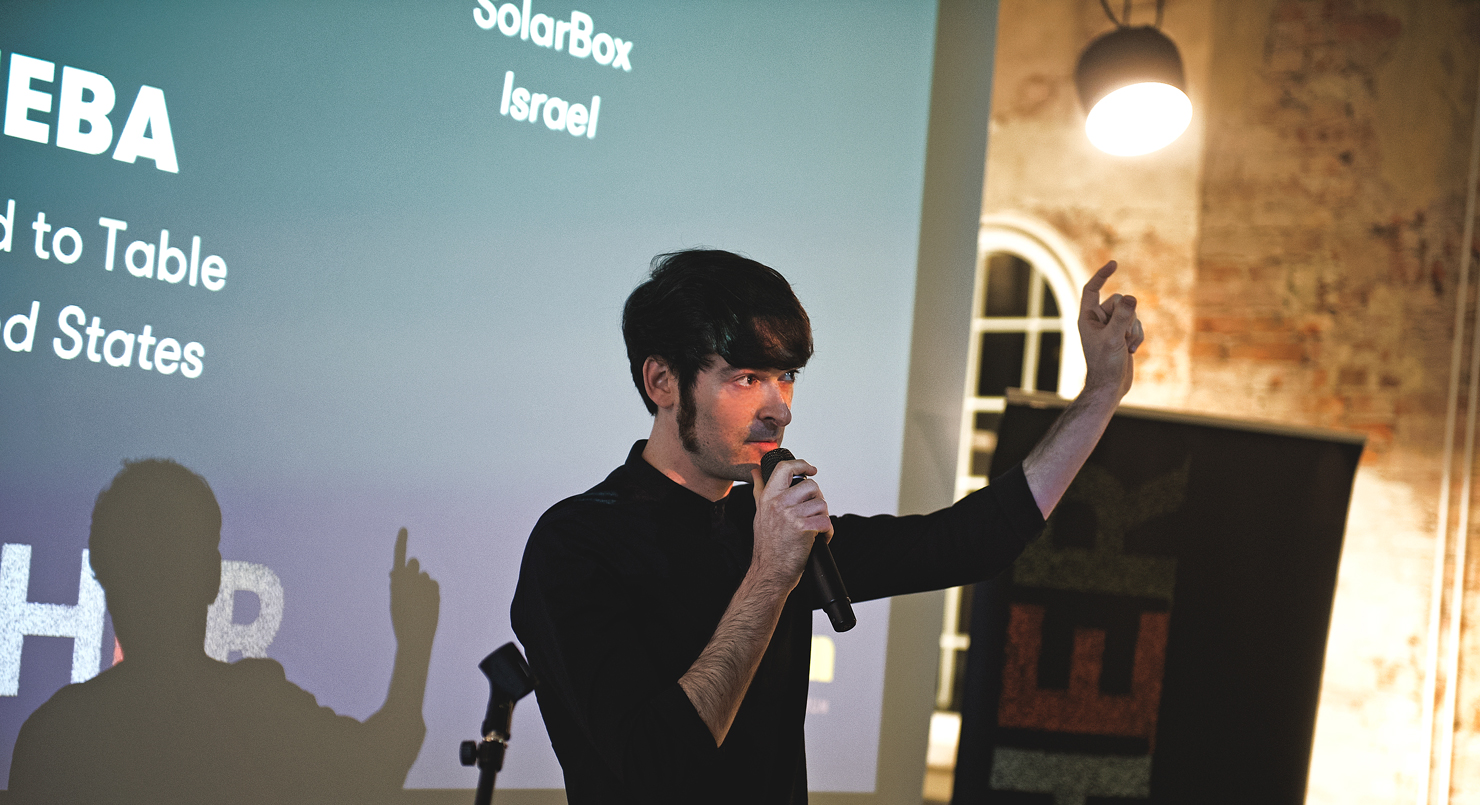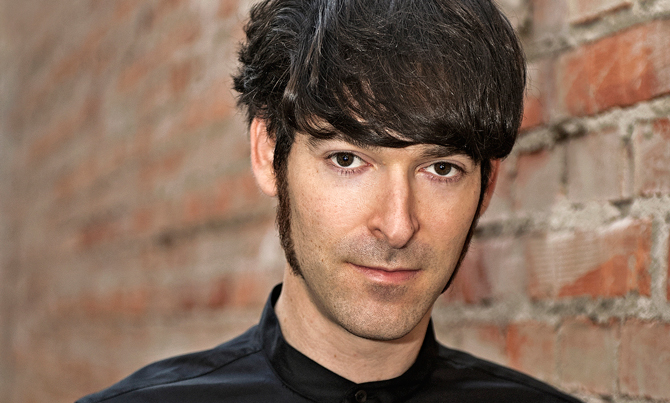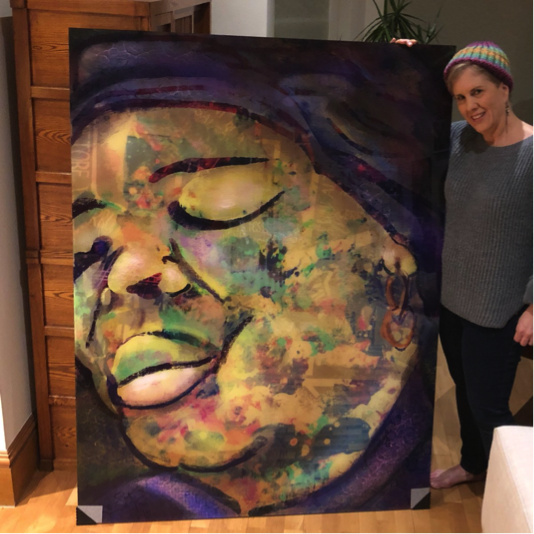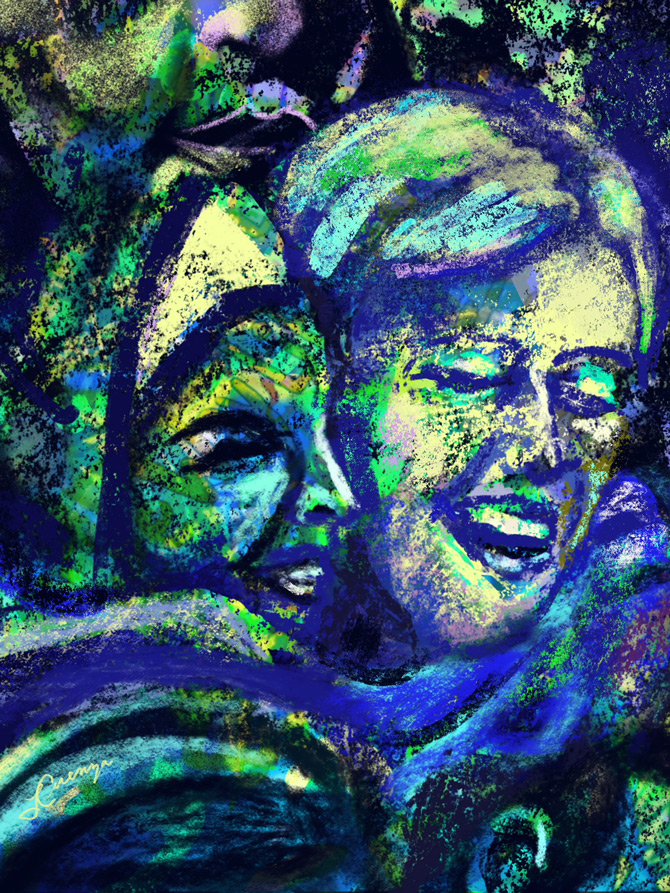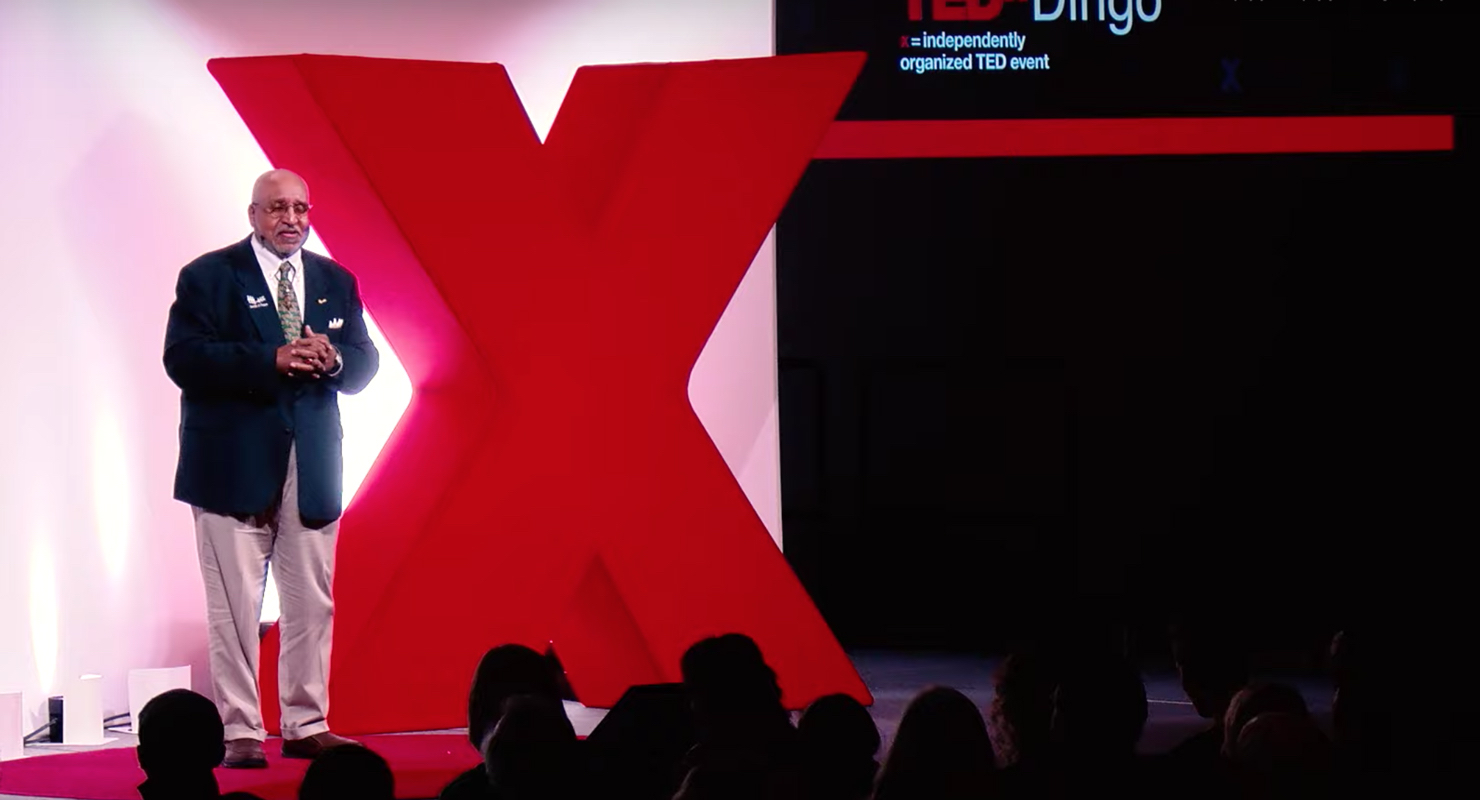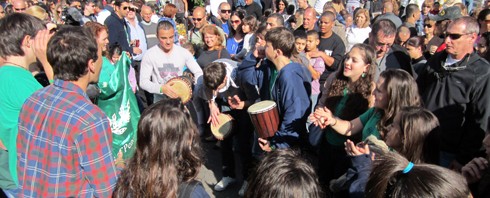BY JOSIE HUANG | There are no wailing sirens or shelled storefronts by this lakeside camp in western Maine, only pine trees that cast soft shadows and wooden cabins lined up like Monopoly houses. But Ethan Schechter knows that scenes from their war-torn homelands will haunt the 166 teenagers arriving today for the Seeds of Peace conflict resolution camp.
And, as part of a crew of 45 counselors, he has undergone the training—unlike anything found at other camps—to help counselors get through the hard times they may face here. Aside from repainting picket fences and inflating inner tubes last week, counselors attended a trauma workshop where they learned that putting ice in the palm can bring someone out of a bad flashback. They heard Seeds of Peace staffers from the Jerusalem office describe how former Israeli and Palestinian “Seeds” live under siege, amid tanks. They got overviews on the Middle East, India and Pakistan, as well as Afghanistan, which is sending a delegation of 12 for the first time.
Several days into orientation last week, the 21-year-old Schechter could say with quiet confidence, “I feel I can be sensitive to their needs.”
Schechter, who just graduated from Clark University, is like most of the counselors: American 20-somethings who studied international relations and economics. Many are particularly interested in the Middle East, the program’s chief focus since it was founded by journalist John Wallach after the 1993 World Trade Center bombing.
Having been part of the American delegation to the camp for four years, Schechter also belongs to a unique and small group of campers-turned-staffers. His first Seeds experience was in 1994, as a 14-year-old Jewish boy from New Canaan, Conn., who knew a lot about street hockey and being a kid—and not much about the world outside his.
At Seeds of Peace, he was shocked to see how his Israeli and Palestinian bunkmates lay awake at night, fearing an assault in their sleep. He was stunned when his friend, a Palestinian girl, cried as others argued about the conflict in the Middle East. The same angry voices had filled her house when Israeli soldiers came looking for her brother.
Even more amazing to him was that by the end of the session, historical enemies ended up forging friendships, or at least learned to live peaceably side by side. Schechter credits a lot of the bonding to the camp’s sports program, which puts teenagers from opposite sides of a regional conflict on the same team, be it softball or soccer.
“It’s a competition,” he said, “but you have to work together and focus on coming together, which is something pretty unique.”
At a meeting last Thursday for Schechter and other counselors overseeing sports, athletics director Chris O’Connor said that many of the campers will have never played softball, thrown a frisbee or gone swimming. It’s up to you, he told the group on the lawn of the dining hall, to encourage them.
“Get involved, play with them and get excited about what they’re doing,” said the 23-year-old O’Connor. “They’re going to feel that same excitement.”
Ground rules were laid down: Girls and boys will swim from different docks, out of respect to cultural and religious differences. And advice was dispensed to deal with teen-age boys who give their female counselors grief during sports games.
“The best thing to do is play with them … and they’ll simmer down” said Eva Gordon, a 22-year-old who works year-round in the program’s New York office. “They’re not used to seeing women play sports.”
“Don’t be afraid to discipline them,” added O’Connor, trying to look serious. “I discipline all the time.”
The group laughed as it broke up for lunch. Schechter looked happy; he was excited with his assignment, street hockey.
“It’s going to be fun once the kids are here,” he said, his eyes lighting up. “There’s just going to be something in the air.”
But remembering another key component of Seeds of Peace camp, he immediately added that “camp is not all about fun and games.”
Co-existence sessions, scheduled between the sports and crafts activities, are arguably the most important event of the day and what really separates Seeds of Peace from other camps. At these meetings, teenagers representing all sides of each conflict have a safe place to vent, role play, cry, communicate and, it’s hoped, learn how to trust.
In the meantime, professional facilitators try to foster dispute resolution skills the teenagers can use when they return home. Real-life scenarios are discussed. And while the camp has made no plans to directly address it, Sept. 11 will probably be a popular topic, especially for the Afghan teenagers whose country has undergone sweeping political and social changes since U.S. armed forces arrived looking for terrorists. Talks are always intense, and often volatile.
Scheduling coordinator Tamer Mahmoud has the heady task of deciding which campers go into which groups. Mahmoud looks at campers’ backgrounds—as he does when assigning bunk beds and making seating arrangements at the dining hall. He avoids overlap among any of the three groupings, but it’s not easy.
“There are too many variables, too many little things,” said Mahmoud, who had not finished as of Thursday. “You have Israelis, but are they Arab Israeli or Jewish Israeli?”
Like Schechter, the 22-year-old Egyptian is a former camper who came for four years, starting in 1993. At age 13, he was wary of meeting Israelis, largely because of the “Arab connection to Palestine.” But “it was important to meet Israeli people to see how they think, and do they think like their government.”
Mahmoud, who calls an Israeli “Seed” one of his best friends, has since become a vocal proponent of Seeds of Peace and, according to Schechter, a highly eloquent one. Schechter, in fact, likes to borrow a line from a recent speech Mahmoud gave at a fund-raiser in New York: “Seeds of Peace didn’t change my life. It became my life.”
“It’s really true,” said Schechter, who went from not caring about world events to studying Middle East politics in Jerusalem during high school and college. “It becomes part of your identity.”
He’s enjoyed orientation, but Schechter says he can’t wait for the campers to arrive for the first of three sessions so he can share his story, so he can show them what good can come out of these Maine woods.
“It was great hanging out with the counselors,” he said. “But it’s really all about the campers.”


